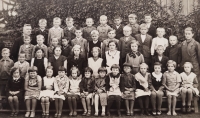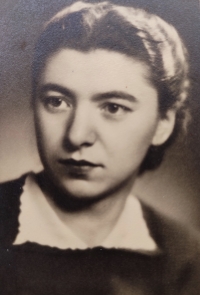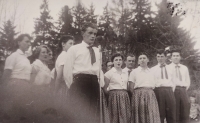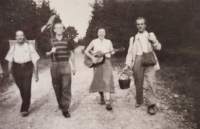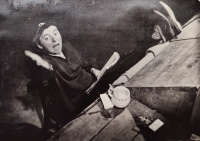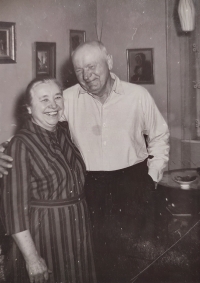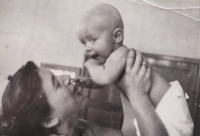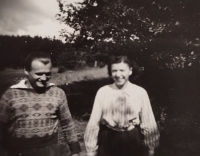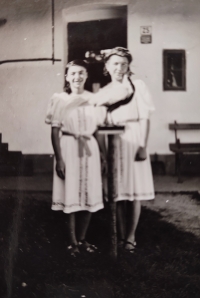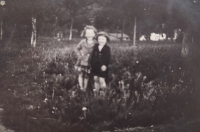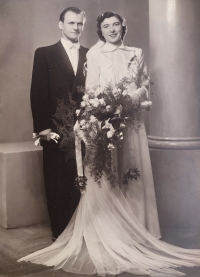The Nazis arrested my father because of his work. His daughter was forced to join the Communist Party

Stáhnout obrázek
Marie Fryblíková, née Matonohová, was born on 23 August 1928 in Olomouc. Her father Emanuel Matonoha fought in the First World War, first in the Austro-Hungarian army. After being captured, he was recruited into the Czechoslovak legions and fought on the Italian front at the end of the war. He worked as a sugar worker, and in the 1930s as a constable in Brno, where he moved with his family. During World War II, the Nazis imprisoned him at Špilberk because he had earlier arrested a German citizen for an offence. Towards the end of the war, Marie Fryblíková was forced to work in the steel mills. In 1949 she went to work as a teacher in Česká Kamenice. After pressure from the school principal, she joined the Communist Party of Czechoslovakia. She married Bořivoj Fryblík and they brought up their daughter Alice. In 1979 she was widowed, later retired and returned to Brno for some time. In 2024 she lived in Varnsdorf, where her daughter also worked as a teacher. We were able to record her story thanks to support from the town of Varnsdorf.
